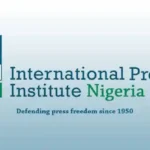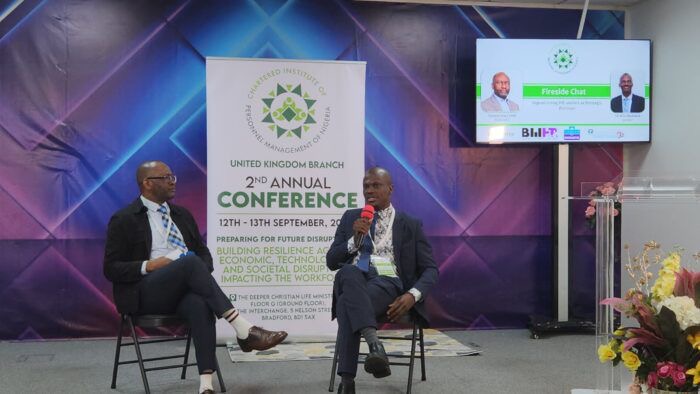Efficiency: CIPM UK calls for review of HR practice
2025-09-15
Human Resources must evolve from policy custodian to allocator of options and bastions of positioning if organisations are to withstand climate shocks, geopolitical risk and technology upheaval, Dr Alim Abubakre told delegates at the CIPM UK Confab in Bradford. In a statement by Mr Tominiyi Oni, former Group HR DirectorContinue Reading












